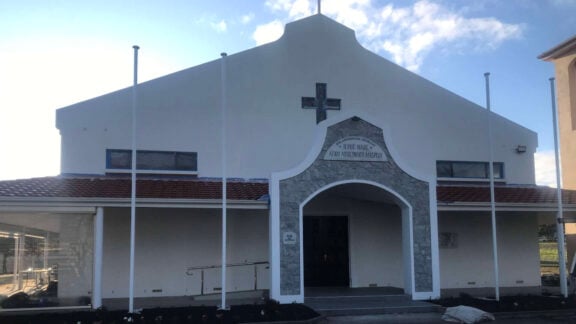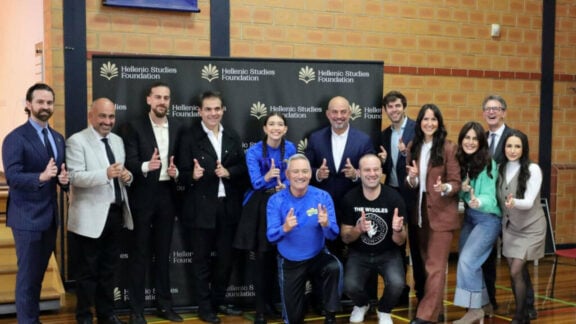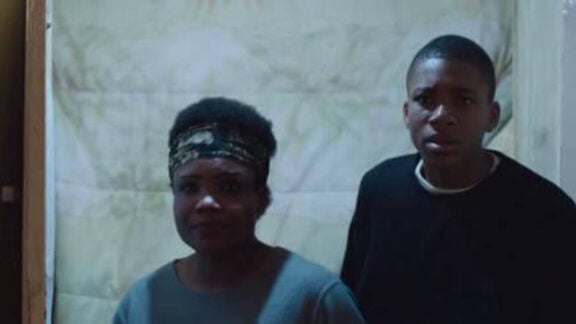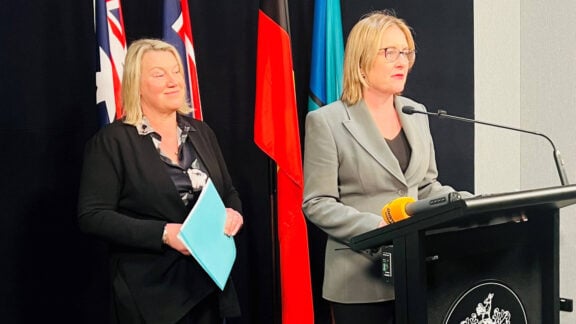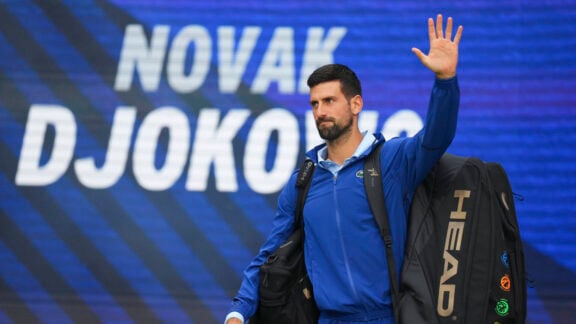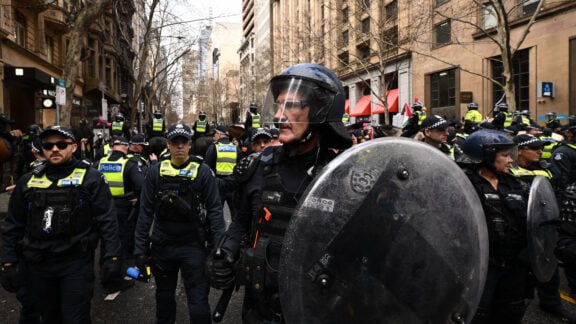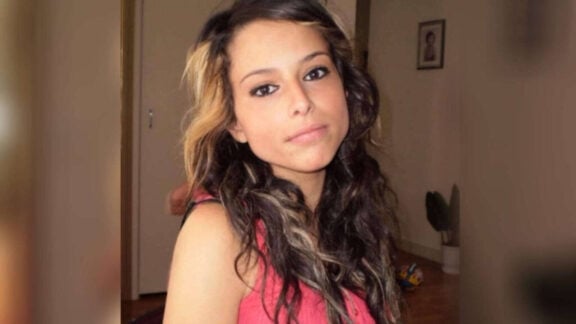Greece’s national artistic swimming team of returned to Athens after having achieved a record-breaking haul of 17 medals – five gold, eight silver, and four bronze – from the European Championships held in Belgrade.
With this impressive performance, Greece secured second place on the medal table, trailing only Hungary, which accumulated 27 medals (10 gold, nine silver, eight bronze).
The Greek athletes participated in a total of 27 finals and set eight new national records (six men’s and two women’s).
Before heading to Belgrade, Greece had a total of 26 medals (five gold, five silver, 16 bronze), with the previous record of six medals (one gold, five bronze) achieved in Debrecen in 2012. The new total now stands at 43 medals in European Championships (10 gold, 13 silver, 20 bronze)!
An unprecedented achievment
The best-ever European Championship for Greek swimming concluded in Belgrade with exceptional results. Greece not only earned five more medals, bringing the total to 17, but also achieved an unprecedented “1-2” finish in two different events within minutes of each other!
First, Kristian Gkolomeev and Stergios Bilas achieved the 1-2 finish in the 50m freestyle. Shortly after, Apostolos Christou and Vangelis Makrygiannis replicated the feat in the 100m backstroke with impressive performances. Adding to the triumph, Dimitris Markou won a silver medal and set a new national record in the 400m freestyle.
The Greek team’s accomplishments in the Serbian capital (even considering the absence of major European powers) will go down in history, as they have never been achieved before and are unlikely to be repeated.
The anticipated “1-2” finish was expected from Christou and Makrygiannis, who had come close in the 50m backstroke (winning gold and bronze). However, Gkolomeev and Bilas surprised everyone by achieving it first in the 50m freestyle. The 31-year-old Gkolomeev won the race with a time of 21.72, finally standing on the top step of the podium after three consecutive medals in previous competitions, including a silver and two bronze, plus a World Championship silver.
Bilas, just one hundredth of a second behind (21.73), set a new national U23 record and added a silver medal to his collection from the Serbian capital, having already won gold in the 50m butterfly and bronze in the 4x100m freestyle. The podium was completed by Ukrainian Vladyslav Bukov (world champion in Doha, last February) with 21.85.
Both Greek swimmers have already secured their spots for the Paris Olympics, where they could potentially make it to the finals if they repeat similar performances. The final in Tokyo was decided at 21.78.
About ten minutes later, in the 100m backstroke, Christou and Makrygiannis lived up to their favorite status, taking the top two spots and improving on their “1-3” finish from two days earlier in the 50m event.
Their times were world-class, with Christou winning his third European Championship gold and first in this event with a remarkable 52.23, the second-best performance of his career after the 52.09 at the 2022 World Championships in Budapest. This time is also the third-best in the world this year, behind the 52.05 by China’s Jiayu Xu (in September) and the 52.22 by Ryan Murphy at the US trials.
Makrygiannis confirmed his ability to break the 53-second barrier, finishing in 52.83 and shattering his personal record (53.31) set in the semifinals. Before this year’s World Championships in Doha, the 24-year-old had never gone under 54 seconds!
Their performances could lead to medals and Olympic finals. The bronze in Tokyo went to Murphy with 52.19, with the top two being Russian swimmers Yevgeny Rylov and Kliment Kolesnikov, who will not compete in Paris. The 2021 Olympic final was decided over 53 seconds.
The 17th and final Greek medal was the third individual medal for Dimitris Markou. The Greek champion took second place in the 400m freestyle final with a time of 3:47.44, setting a national record. The 23-year-old from ANO Argyroupoli returns from Belgrade with two silver medals (400m and 800m) and a bronze in the 4x200m freestyle, though he narrowly missed the qualification mark for Paris in a second event.
Markou, as usual, started slow (8th at the 100m) and then gained ground. He was fifth at 300m, but close to the leaders except for Austrian Felix Auboeck, who comfortably won with an impressive 3:43.24. Markou fought to the end, finishing second with 3:47.44, breaking the 3:48.59 record held by Kostas Englezakis since May 17, 2021, at the European Championships in Budapest. The podium was completed by Swiss Antonio Jakovics with 3:47.62, leaving Lithuanian Danas Rapsys in fourth.
Near medal for Drosidou and finalist Damasioti
Marilia Drosidou narrowly missed a medal in her first major final, finishing fourth in the 50m breaststroke with 30.95, just behind Sweden’s Olivia Clint Ipsa, who secured bronze with 30.90. The winner was Dominika Stankera from Poland with 30.55, earning Poland its first medal in this event at a European Championship, while second place went to Finland’s Veera Kivirinta with 30.65.
Georgia Damasioti finished fifth in the 200m butterfly final. After winning silver in the 100m and securing her place for Paris, she lacked the strength for another breakthrough, finishing in 2:10.77, a second off her national record (2:09.74). Denmark’s Elena Rosenthal Bach won with 2:07.88, followed by Bosnia’s Lana Pudar (2:08.15) and Hungary’s Boglarka Telekdi Kapas (2:08.22).
Giourtzidis’ performance and Women’s relay
Daniil Giourtzidis could not replicate his semi-final performance in the 200m individual medley, finishing eighth with 2:01.31, far from his 1:59.71 set yesterday. He concluded the competition with two final appearances (4th in the 400m medley) and personal records.
Hungary’s Hubert Kos retained his title, winning in 1:57.21, ahead of Israel’s Ron Polonsky (1:57.36). Turkey won its first medal in this event with Berke Saka’s third place (1:58.62).
The Greek presence in Belgrade ended with the women’s national team finishing fifth in the 4x100m medley relay. The team of Nora Drakou, Chara Aggelaki, Georgia Damasioti, and Marilia Drosidou finished in 4:05.05, without challenging for medals or breaking the national record. It’s notable that two of the athletes (Damasioti and Drasidu) had swum in individual finals earlier, and the 32-year-old Drakou was exhausted after her tenth race of the competition. Poland won its first-ever gold in this event with 3:58.71, followed by Hungary (4:01.50) and Denmark (4:02.03).

